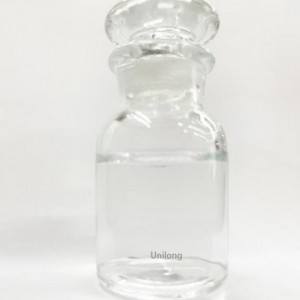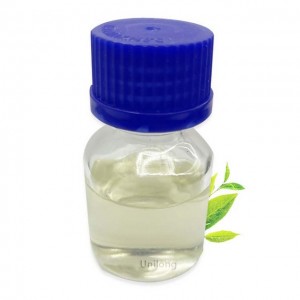Poly(methyl methacrylate) PMMA CAS 9011-14-7
Poly(methyl methacrylate) (PMMA), also known as Methyl Methacrylate Polymer or plexiglass, CAS 9011-14-7, is a kind of high-molecular polymer. Poly(methyl methacrylate) is relatively stable under general chemical conditions and has good resistance to acids and bases, but it may dissolve in solvents containing ketones and ethers. The glass transition temperature of PMMA is approximately 105℃, and its heat distortion temperature is generally between 95 and 105℃. When the temperature exceeds 250℃, it will start to decompose.
PMMA CAS 9011-14-7 is a common synthetic polymer material. Because of its excellent transparency, it is also known as Plexiglass or Acrylic.Widely used in nail art, cosmetics, solid surface materials (artificial stone), adhesives (502), glazing coatings, printing inks, chassis paints, models, handicrafts, artificial leather, simulation leather, etc.
| ITEM | STANDARD |
| Appearance | White Powder |
| PH | 6.5-7.5 |
| Volatiles % ≤ | 0.5 |
| Glass transition temperature | 95℃ |
| Apparent density g/cm3 | 0.65-0.75 |
| Particle size (residue on 40 mesh sieve) | 0%-0.2% |
| Molecular Weight | 50000-70000 |
1.Optics: eyeglass lenses, camera lenses, optical fibers, LED light guides.
2.Building: transparent roof, soundproof windows, advertising light boxes.
3.Medical treatment: dental fillers, artificial joints, surgical instruments.
4.Industry: automobile tail lights, instrument panels, aircraft cabin windows.
5.Daily necessities: stationery, cosmetic packaging, aquarium
25kgs/drum; 25kgs/bag

Poly(methyl methacrylate) PMMA CAS 9011-14-7

Poly(methyl methacrylate) PMMA CAS 9011-14-7













